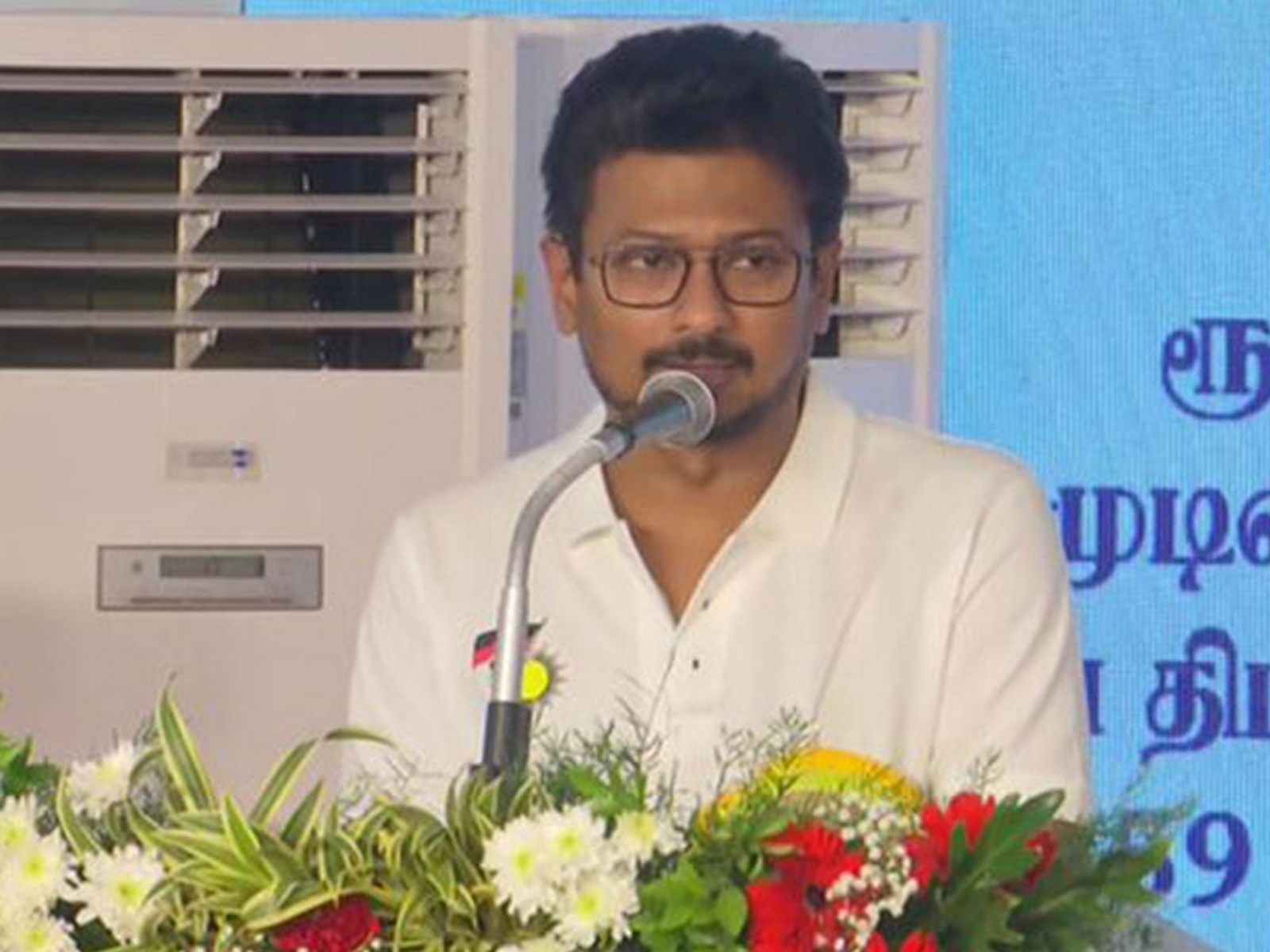PM Focus on E-Commerce as Quality Assurance Will Bring Global Competitiveness for Indian Industry and E-Commerce
Apr 04, 2022

New Delhi [India], April 4 (ANI/BusinessWire India): Sadhivi Niranjan Jyoti, Minister of State, Ministry of Consumer Affairs, Foods & Public Distribution & Ministry of Rural Development highlighted the importance of indigenization of the products floating in the market. Quality assurance should be promoted so that products will not get rejected and become globally competitive. The reliability and durability of the product will further strengthen the consumer's trust on the product.
The leap India is taking towards being a digitized nation and its speedy acceptance by the citizens is proving to be a great boon for India's MSME sector, as today sitting in our homes a buyer can meet a seller through online portals which benefits both. The exchange of ideas and thoughts in this sector will enhance the sector's growth in the coming future. Indian products should be encouraged so that they can lay a strong foundation in the Make in India initiative. She also encouraged young women entrepreneurs to come forth in this field and strive for success.
Emphasizing the PM's focus on enhancing India's e-commerce sector, the minister mentioned that it is time for the industry to be the main game-changer in taking India's vibrant e-commerce sector to the next level and she assured the government's full support for the same.
Dr Aruna Sharma, Former Secretary, Government of India started the summit with the quote "India has immense potential to become the next superpower and the first step towards achieving that is establishing a trustworthy business model. Aided with progressive technology and reliable services, e-commerce platforms are not only making the shopping experience innovative and convenient for consumers but also empowering small businesses to reap the benefits of digitization. Various product safety and customer trust initiatives by players like Amazon have led to a synergy of assurance amongst customers, brands, and sellers across all levels, bringing about a revolution in shopping of Indian customers and increasing the trust between sellers and consumers."
Pradeep Multani, President, PHDCCI, mentioned that the Indian E-commerce industry has been on an upward growth trajectory and is expected to surpass the US to become the second largest e-commerce market in the world by 2034. India's e-commerce sector is expected to reach USD 111.40 billion by 2025 from USD 46.20 billion in 2020, growing at a 19.24 per cent CAGR, with grocery and fashion/apparel likely to be the key drivers of incremental growth.
The e-commerce market leaders took bold and innovative steps to develop the fledgling industry. Their focus on increasing both customer and retailer trust with enhanced product safety, and timely and reliable delivery boosted product trust in e-commerce by providing consumers a vast choice of reliable and safe products directly from genuine sellers. It is noticed that the e-commerce leaders are constantly upgrading to high-end Artificial Intelligence (AI), Machine learning (ML) technical tools and mechanism to scan their listings, provide features like user ratings and product/ service feedback tools to improve product trust and safety.
Sanjay Chaudhary, Director, Compliance, Amazon India, said that they have brought to fore leather products from Hailakandi in Assam, to handloom products from Maharasthra's Osmanabad to fruits and vegetables from Bijapur in the state of Karnataka, and black rice from Chandauli in Uttar Pradesh. "All of this available nationwide, and globally. By connecting suppliers and consumers digitally, e-commerce portals ensured India's economy stays afloat even during the crisis. These portals quickly realigned with shifting realities of state-specific lockdowns, supply chain bottlenecks, and distributed logistics to ensure customers are serviced, despite all odds. The lockdowns couldn't stall the delivery of essential items and other goods to households, and kept local kirana stores operational and in business. As an e-commerce leader, Amazon launched initiatives such as Amazon Karigar, Saheli and Kisan stores to bring a vast choice of reliable and safe products directly from genuine sellers, right at fingertips and at the doorstep. I'd go as far to say, the e-commerce portals mitigated effects of the pandemic, and fostered customer-supplier trust like never before," said Sanjay Chaudhary.
Davneet Kaur, The Umbrella Store (Amazon Seller) - "On behalf of the seller community in the country, I would like to extend my gratitude to the esteemed ministers and government officials present here. It is a great honour to be present here today among some distinguished dignitaries. When the country was overcoming the consequences of the pandemic, online platforms like Amazon helped small businesses retain trust of consumers by ensuring quality feedback and transparency at every stage of purchase. Devised by advanced technology and logistical support, e-commerce entities have helped MSMEs and entrepreneurs reach out to new set of customers and establish the loyalty for their brands. Not only that, but it also introduced a range of awareness initiatives for both sellers and consumers which led to the growth of utmost trust in e-commerce entities.
This story is provided by BusinessWire India. ANI will not be responsible in any way for the content of this article. (ANI/BusinessWire India)



















